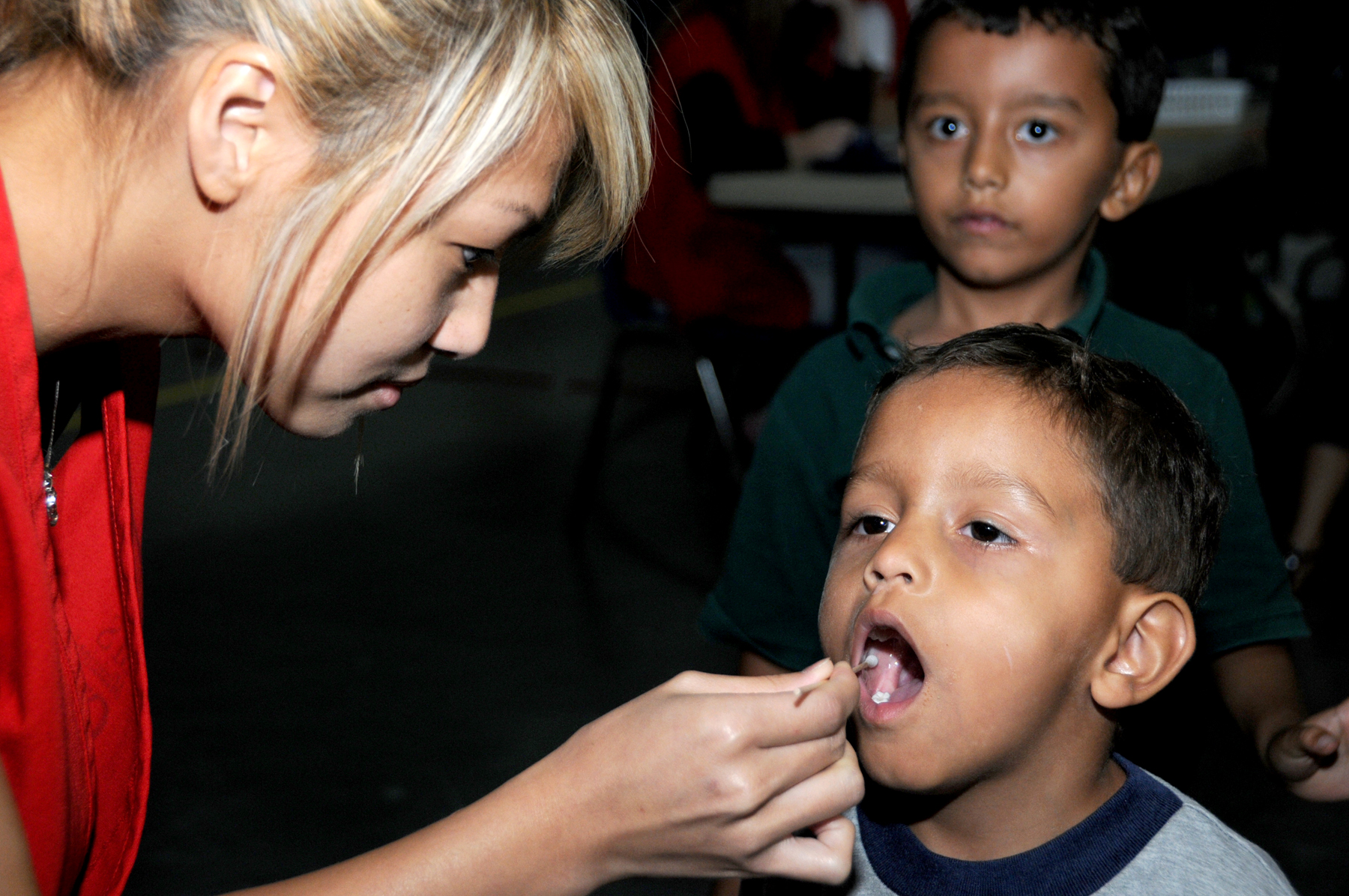Victory! Gov. Brown Signs Bill Adding Sensible Requirements for DNA Collection From Minors
By Jamie Williams AND Hayley Tsukayama,
Electronic Frontier Foundation
| 09. 28. 2018
California's kids now have common-sense protections against unwarranted DNA collection. Gov. Jerry Brown this week signed A.B. 1584, a new law requiring law enforcement to get either judicial approval or permission from both the minor and a parent, legal guardian, or attorney before collecting a DNA sample from the minor.
EFF has supported the bill, introduced earlier this year by Assembly member Lorena Gonzalez Fletcher, from the beginning. DNA can reveal an extraordinary amount of private information about a person, from familial relationships to medical history to predisposition for disease. Children should not be exposed to this kind of privacy invasion without strict guidelines and the advice and consent of a parent, legal guardian, or attorney. Kids need to have an adult present who represents their interests and can help them understand both their rights and the lifelong implications of handing one’s sensitive genetic material over to law enforcement.
This law will make sure that happens.
Thanks to A.B. 1584, police will now have to obtain a court order, search warrant, or the consent of both the minor...
Related Articles
By Arthur Lazarus, MedPage Today | 01.23.2026
A growing body of contemporary research and reporting exposes how old ideas can find new life when repurposed within modern systems of medicine, technology, and public policy. Over the last decade, several trends have converged:
- The rise of polygenic scoring...
By Stephanie Pappas, LiveScience | 01.15.2026
Genetic variants believed to cause blindness in nearly everyone who carries them actually lead to vision loss less than 30% of the time, new research finds.
The study challenges the concept of Mendelian diseases, or diseases and disorders attributed to...
By David Cox, Wired | 01.05.2026
As he addressed an audience of virologists from China, Australia, and Singapore at October’s Pandemic Research Alliance Symposium, Wei Zhao introduced an eye-catching idea.
The gene-editing technology Crispr is best known for delivering groundbreaking new therapies for rare diseases, tweaking...
By Josie Ensor, The Times | 12.09.2025
A fertility start-up that promises to screen embryos to give would-be parents their “best baby” has come under fire for a “misuse of science”.
Nucleus Genomics describes its mission as “IVF for genetic optimisation”, offering advanced embryo testing that allows...




